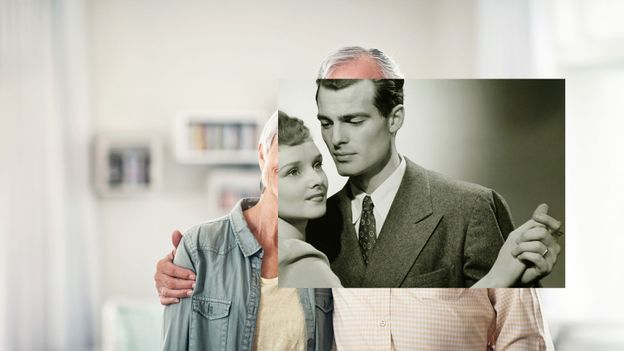Age holds different meanings for different individuals. While many link it to visible signs of aging like greying hair, wrinkles, and a gradual decline in energy. Others notice more subtle changes that occur long before these obvious physical indicators.
When do we truly start to feel old, and is there a specific age at which this realization hits everyone? For many, aging transcends the physical; it encompasses mental, emotional, and societal shifts that are often overlooked yet equally significant.
For millennials, those born in the 1980s and 1990s, the sensation of aging frequently connects to a feeling of being out of touch with contemporary trends. “When I stopped being able to understand a lot of the songs that kids and teenagers listen to,” shares 32-year-old Anahita Shukla, a school teacher in Sharjah, emphasizing how rapidly music and popular culture can evolve, leaving one feeling disconnected.
For Anahita, this was one of the initial signs that she was starting to feel the passage of time. This sense of disconnection from youth culture is a recurring theme, with many reflecting on how their tastes, interests, and references no longer resonate with younger generations.
Others have sensed age creeping in through their interactions with technology and social media. Maryam Youssef, a millennial in her late 30s, remembers the moment she began to feel her age when TikTok came onto the scene, especially with its unfiltered health and wellness advice.
“When TikTok started giving out medical advice,” she remarks, “I couldn’t help but feel like I was out of step with the times.” This increasing sense of unfamiliarity with the digital landscape, once a vital part of youth culture, can lead people to feel older than they truly are.
For many, the initial signs of aging aren’t immediately apparent until they notice a significant drop in their physical stamina. Natasha Sinha, a communications professional from Abu Dhabi, recalls a time when she could easily stay up until 5 a.m. without feeling tired. “It was when I started feeling exhausted by 11 p.m. at a party,” she reflects. This transition from being able to pull all-nighters to requiring more sleep marked a clear change in her energy levels.
However, it was the unexpected backaches in the morning that affected her the most. “That’s the only time I really feel old,” she admits. Natasha’s experience illustrates that physical discomfort—like ongoing back pain, stiffness, or a slower recovery after workouts—can serve as a reminder that our bodies may not be as resilient as they once were.
Yet, aging isn’t solely about feeling fatigued or out of touch with current trends; it also encompasses our mental and emotional perceptions. Increased responsibilities, shifting priorities, and the natural tendency to reflect on one’s achievements and failures all play a role in the aging experience.
For some, growing older brings a heightened sense of self-awareness and maturity, which can be both freeing and daunting. The pressure to uphold physical appearance and societal ideals of youth can be burdensome, but many also find value in the wisdom and perspective gained through experience.
In the end, feeling “old” is a highly personal journey that isn’t defined by a particular age or milestone. It is influenced by a mix of physical changes, emotional development, societal dynamics, and individual reflections.
While some may start to feel this way in their 30s, others might not encounter it until much later in life. Whether it’s struggling to keep up with the latest trends, feeling physically worn out, or confronting the passage of time, the notion of aging is complex, and its expression varies from one person to another. So, while we may not be able to pinpoint.





